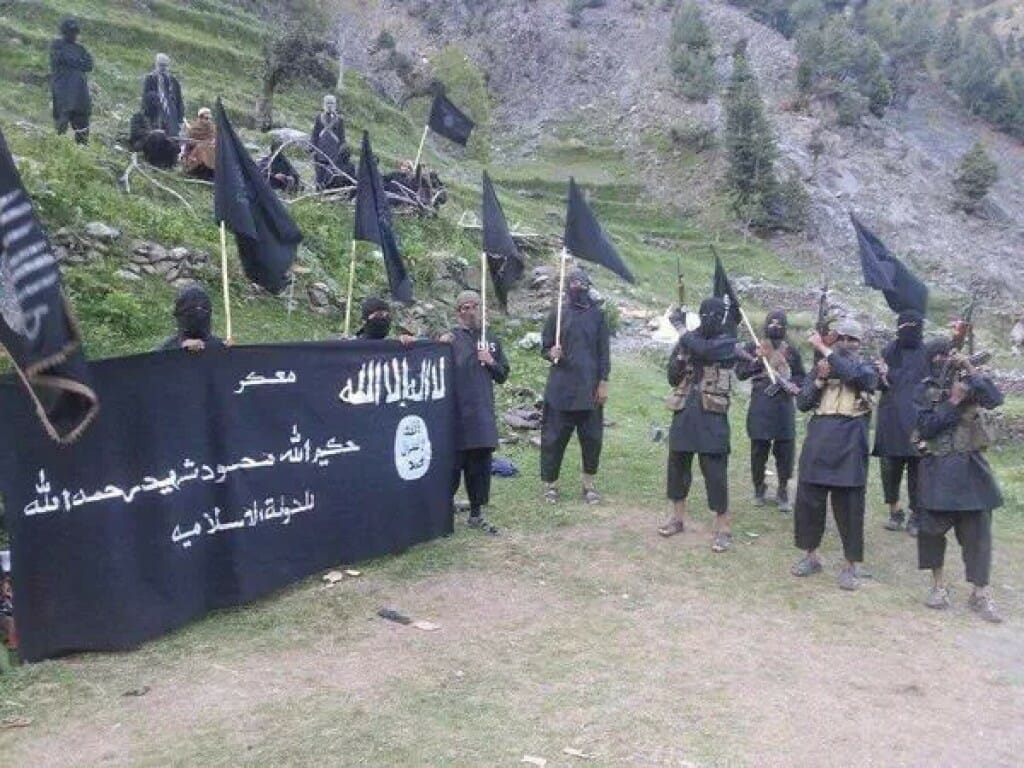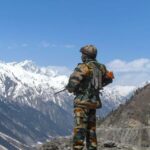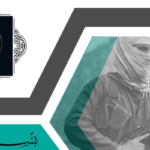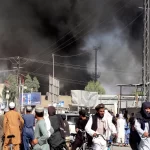Afghanistan, which encompasses a rich fabric of Tajik, Turkmen and Pashtun populace, has a flicking history of civil unrest and war times. The nation has been plundered and effaced through the shocks of global political expediency, and repercussions of the power plays wrought in the name of regional strategic gains by world powers. In other words, a land left to the course of destruction, objectification and triviality of stop gap political solutions.
What Gorbachev could not make it, was his failure to understand the perennial power greed of the local tribesmen which followed through the entire political history of Afghanistan – starting from British invasions to the replacing of Babrak Kamal with Muhammad Najibullah by the Soviet forces in 1985. The grouping of seven different war factions into IUAW (International Union of Afghan Warriors) could not last the formation because of occasional attacks by local tribes in the awe of envy and prejudices. Even Sectarian harmony among the union groups shallowed within a short time. The era of Taliban supplied the Afghan nation with a subtle instance of governance slated in an outright imposition of Islamic fundamentalism, with an immaculate sense of incorruptibility and embrace of a pure Islam. Nevertheless, Al Qaida made the battle fiercer and blatant in Afghanistan after the treaty signed between Afghan Taliban and Northern Alliance in 1999 broke loose and that which was highly anticipated, Taliban progressed and continued on the gains in the pursuit of power. After US strikes in 2001 amid the 9/11 attacks on WTO and PENTAGON, Northern Alliance proved to be a strategic coalition for US Special forces to launch ground offensives against Taliban. There it started the crusade of US on a stable Afghan Government which was put into shackles by a new dimension of warfare by Al Qaida which had an enormous reach across boundaries and in Europe and America. Taliban retreated, and US forces along with Northern Alliance and NATO seized the control of Kabul. The motive for US was to flag its world order and establish a new battle space to augments its interests in the Region enchanted with rich natural resources. In the newly developed power equation, India finding a strategic opportunity over Pakistan made inroads into the deep state and intelligence apparatus of Afghanistan which was still struggling for achieving political and economic stability.

ISIS and Afghanistan – How much does Pakistan weigh in the Troika?
Afghanistan, which encompasses a rich fabric of Tajik, Turkmen and Pashtun populace, has a flicking history of civil unrest and war times. The nation has been plundered and effaced through the shocks of global political expediency, and repercussions of the power plays wrought in the name of regional strategic gains by world powers. In other words, a land left to the co…







